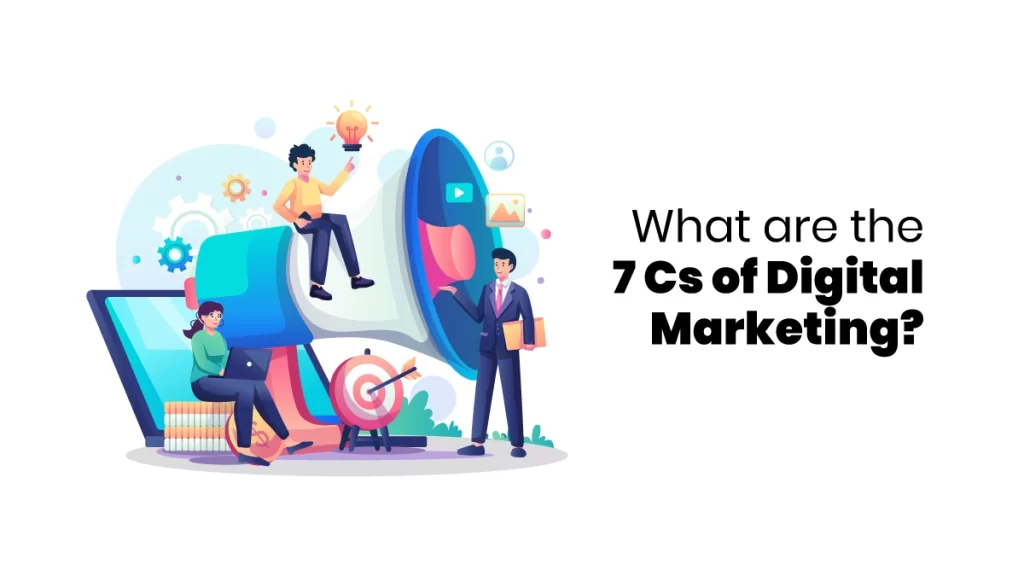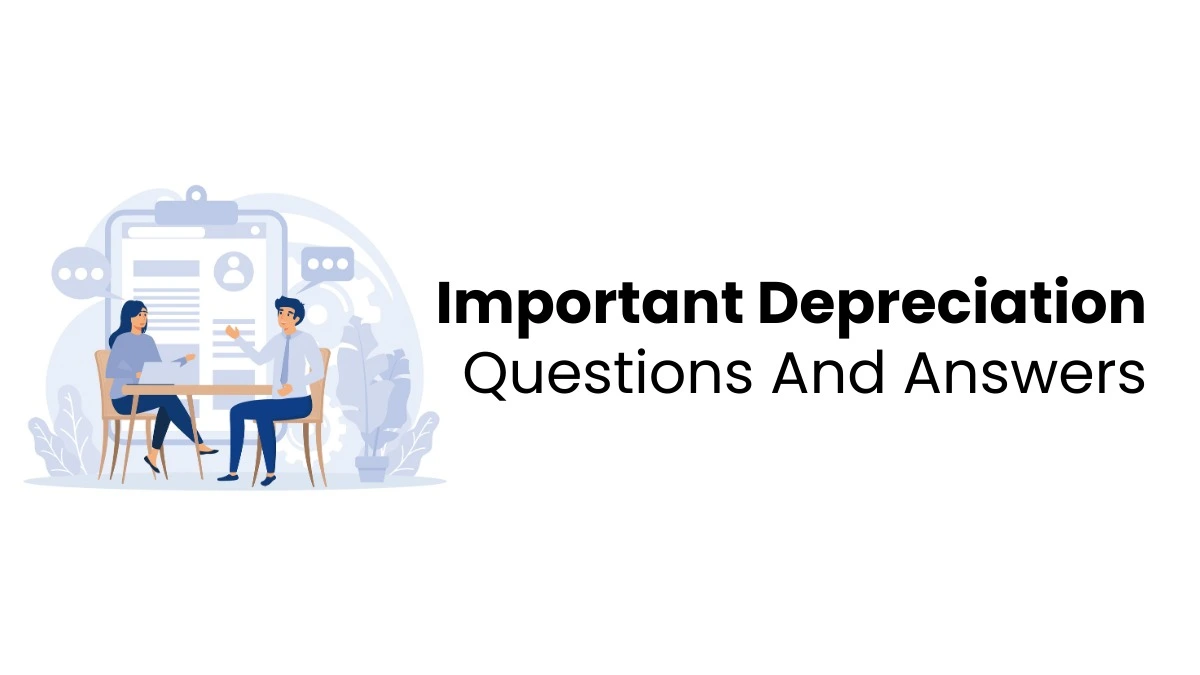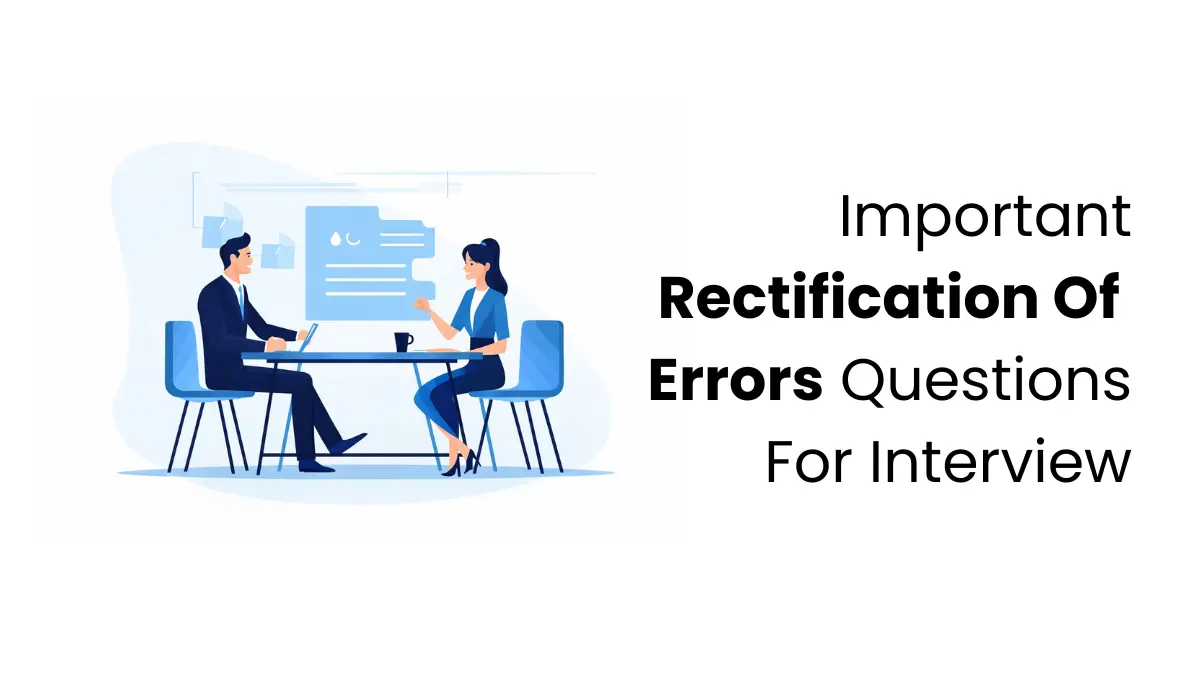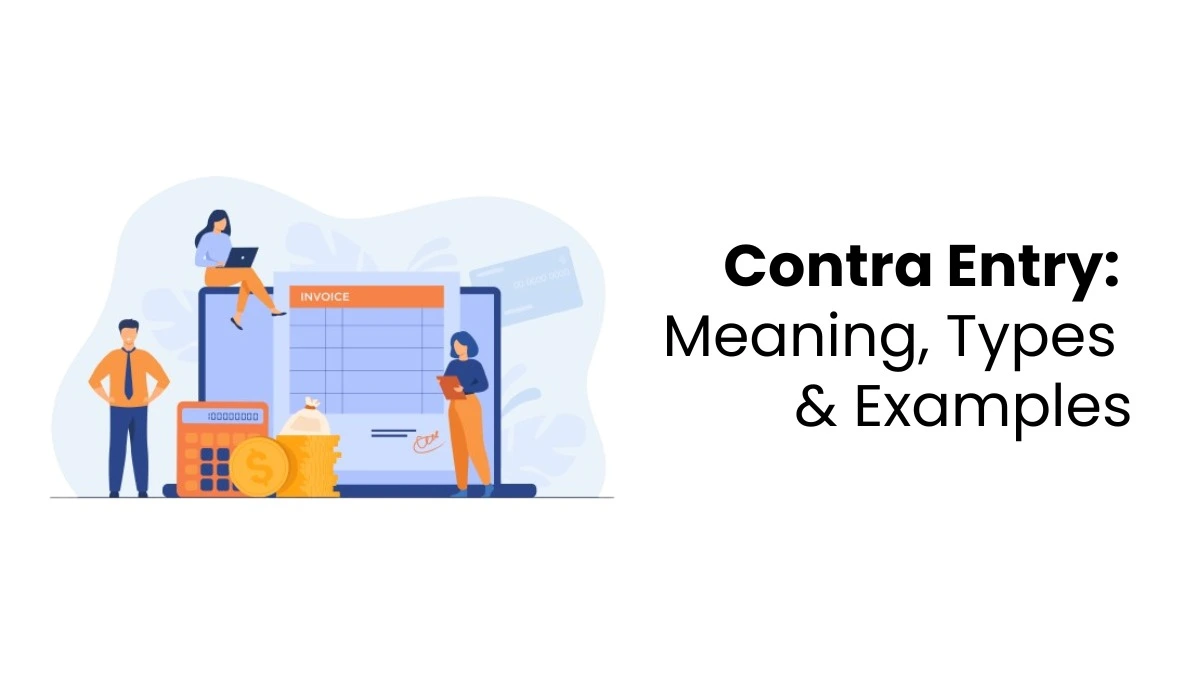In the fast-changing online world, businesses continually look for new ways to stay ahead and reach their target audience. Doing well in digital marketing means understanding basic principles. We can remember them as the 7 C’s of digital marketing: Customer, Content, Community, Context, Convenience, Cohesion, and Conversion.
These seven things help marketers make and improve their digital marketing plans. This blog explains all details about the 7 Cs of digital marketing, giving valuable tips to help businesses succeed online. Let’s explore each part without waiting, uncovering how to make a successful digital marketing strategy.
7 Cs of Digital Marketing
Importance of 7 C’s in digital marketing is evident as they provide a comprehensive framework, guiding marketers to build successful strategies that resonate with their audience and adapt to the dynamic digital landscape.
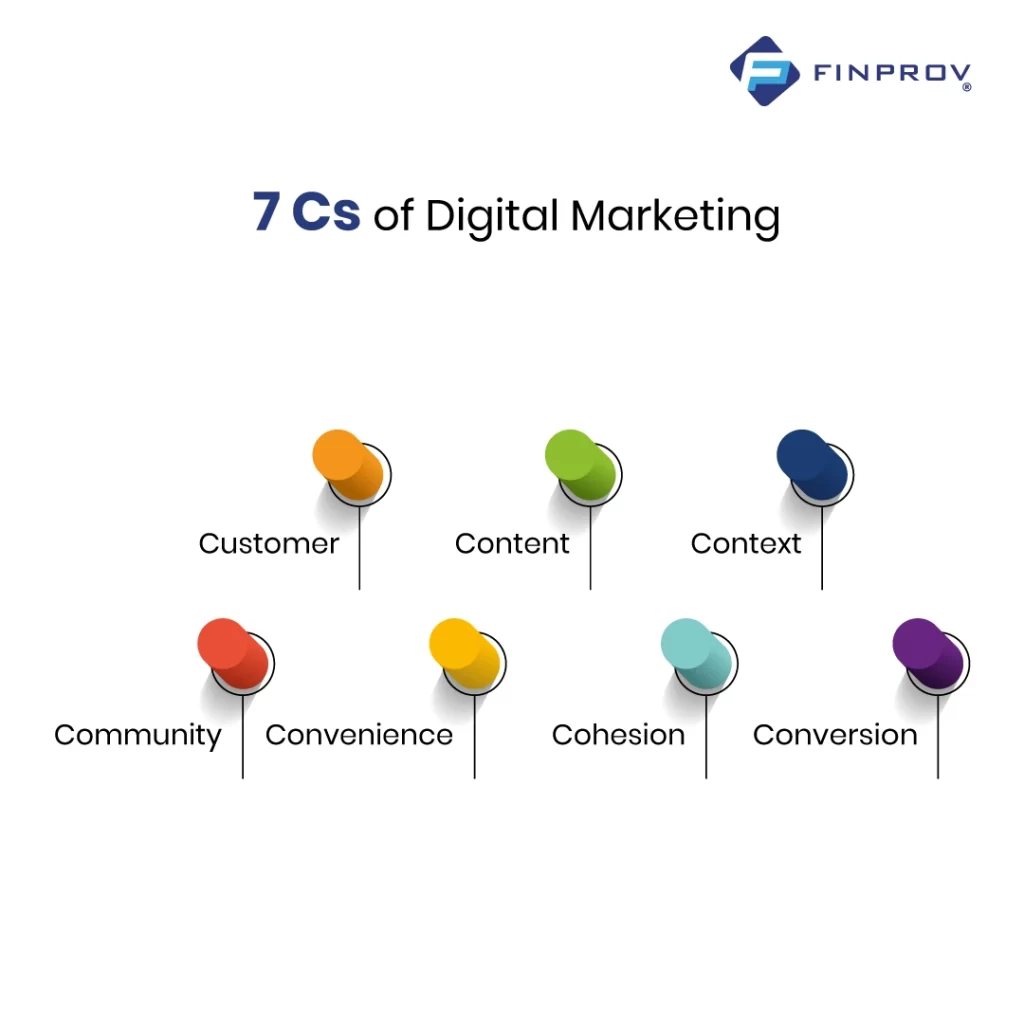
1. Customer – Your Customer is the Boss of Your Business
Always keep your customer in mind no matter what plans your company has. Digital marketing lets you customise every campaign, message, and service to meet your audience’s needs. To make your efforts successful, it’s crucial to know your customers well and plan for the long term.
Start by creating accurate marketing personas and mapping the customer journey. This is a crucial early step in your business strategy to ensure your marketing message reaches the right audience and strengthens your brand presence.
Pay attention to your customer’s behaviour. Today, consumers value honest, transparent, and personalised communication and experiences with brands at every stage of the sales cycle. New behaviours emerge regularly, and as a digital marketer, you need to anticipate and deeply understand them. To be effective, gather relevant customer data and use it to create personalised content while enhancing your overall brand message.
2. Content: The Pillar of Digital Marketing
A successful digital marketing plan goes above just having high-quality and unique content. It involves being innovative with your content structure, updating outdated material, and staying updated on the latest search engine algorithm changes. It would help to master the art of creating outstanding search-engine-optimised (SEO) content.
SEO content is information designed to help your target audience find your business more easily through search. It involves optimising your content and using the right keywords to improve its ranking in search result pages (SERPs).
There are multiple types of SEO content to consider, such as blog entries, product pages, guides, ebooks, infographics, videos, and slideshows. But before unleashing your creativity, it’s crucial to understand how to develop a solid SEO content plan that you can stick to for the long term. Here are some workflow tips for content development to help you get started:
- Thoroughly research your keywords.
- Choose a topic that captures your audience’s interest.
- Use reliable sources and provide your unique perspective.
- Organise and articulate your thoughts.
- Include helpful internal and external links.
- Enhance the quality of your meta descriptions and alt tags.
- Incorporate supporting visuals.
3. Context: Precision in Placement and Timing
Understanding your target audience’s broader context is crucial to convey your brand message effectively. This means considering buyer intent, aligning it with current events, and crafting and promoting content that meets your audience’s needs.
To achieve this, it’s essential to integrate keyword-rich and intent-based content seamlessly. This helps consumers easily recognize your brand online and delivers the specific information they seek. When executed correctly, you can provide highly personalised content that resonates with the recipient. Consequently, your online visibility, authority, and engagement will significantly improve.
4. Community: Unleashing the Power of People
Customers now hold more purchasing power than ever, emphasising the need for personal engagement. Building a community is highly effective for establishing customer connections, fostering brand trust and loyalty, and attracting robust leads.
Community marketing offers a transparent, non-intrusive, and natural approach to engaging your audience. It helps cultivate long-term positive connections with current and future consumers by bringing them together around issues connected to and aligned with your brand.
Incorporating a community into your digital marketing plan bridges your business journey and the individuals who have played a role in its success – your consumers. Here are some tips to guide you in building a thriving brand community:
- Foster connections among your internal teams.
- Establish a valuable online presence.
- Contribute positively to a social cause.
- Develop authoritative and informative content.
- Design a dedicated space for your community members to connect.
- Practice persistence and patience.
5. Convenience – Building Customer Loyalty
Convenience is one of the essential things in the 7 Cs of digital marketing. It is crucial to a brand’s customer experience and is a fundamental customer service principle for every company.
Consider the impact of eCommerce – people can now make purchases from their home computers and on tablets and smartphones while commuting, dining, or simply waiting before a meeting, thanks to the internet and technological advancements.
Convenience is a crucial competitive advantage and a creative perspective that allows digital marketers to enhance their efforts. When implemented correctly, it helps minimise friction, improve customer service, alleviate stress, enhance accessibility, and align with your company’s value proposition.
To maximise it, ensure:
- Access to your content is quick and easy.
- Previous interactions with your brand are easily recalled.
- An explicit acknowledgment of their value as a customer.
- Service and communication are personalised.
6. Cohesion – The Unified Marketing Approach
A cohesive digital marketing plan is essential to promote any business effectively as a marketer. Cohesive marketing involves delivering consistent services, maintaining content quality, and upholding brand values across all channels. It revolves around integrating every channel that supports your brand into a unified omnichannel marketing strategy. This ensures consistency and a favourable return on your investment.
While your website remains the primary source for learning about your company, products, and services, it’s essential to be present on other channels relevant to your customers. The offerings on these channels should consistently meet the same standards.
Everything should be synchronised and consistent, from the blog, FAQs page, and contact form to your social media, email, and beyond. Once achieved, you’ll experience rapid and straightforward growth, reaching and engaging the right audience at every touchpoint with your company.
7. Conversion – The Key Metric for Digital Marketing Success
After investing significant resources in crafting an effective digital marketing plan, it’s crucial to evaluate the success of your efforts. The most valuable performance indicator for this assessment is your conversion rate.
Conversions can encompass various user actions aligned with your business goals, depending on your campaign. This includes successful purchases and actions such as filling out forms, downloading whitepapers, case studies, and ebooks, emailing you, subscribing to your newsletter, and more.
Utilising 7 Cs of digital marketing methods to improve conversion rates can enhance your revenue without substantial additional costs. Moreover, it aids in predicting success or identifying areas for improvement, optimising your website performance, and gaining deeper insights into the preferences of your target audience.
Effective digital marketing strategies are pivotal for businesses aiming to maximise online presence, engage target audiences, and achieve sustainable growth in the digital era. If you possess an enthusiasm for marketing, thrive in dynamic environments, and aspire to utilise your creativity, an enriching career in digital marketing awaits you. Cultivating expertise through digital marketing training is imperative for achieving excellence in the business sector.
Embark on your journey with Finprov’s esteemed digital marketing training, thoughtfully designed for graduates and professionals. Finprov stands out with its PG Diploma in Digital Marketing & E-Commerce certification—an all-encompassing program designed to empower candidates with the skills necessary to execute impactful digital marketing strategies and elevate business outcomes.
Finprov’s digital marketing training in Calicut encompasses crucial facets, from an introduction to digital marketing to insights into Google’s tools and platforms. The curriculum spans the breadth of knowledge needed for executing digital ads across diverse platforms and includes practical techniques for promoting digital marketing campaigns. Participants delve into essential tools and metrics, gaining a profound understanding of email marketing, search engine marketing, social media marketing, search engine optimization, video marketing, and more.

